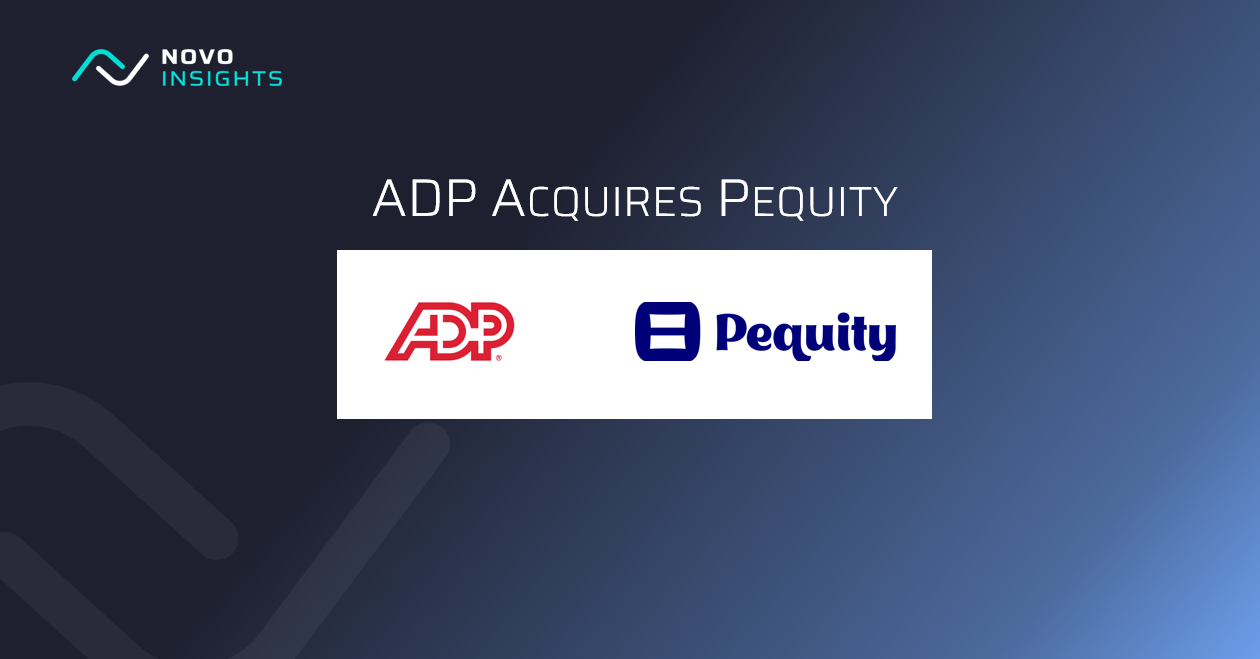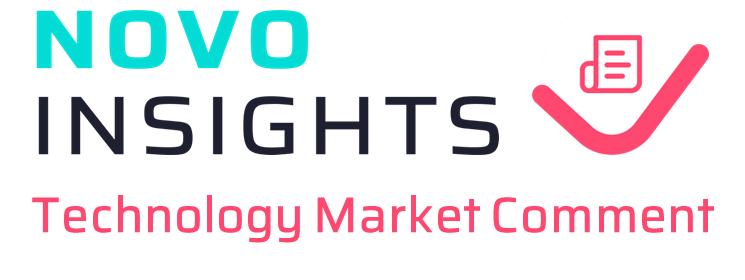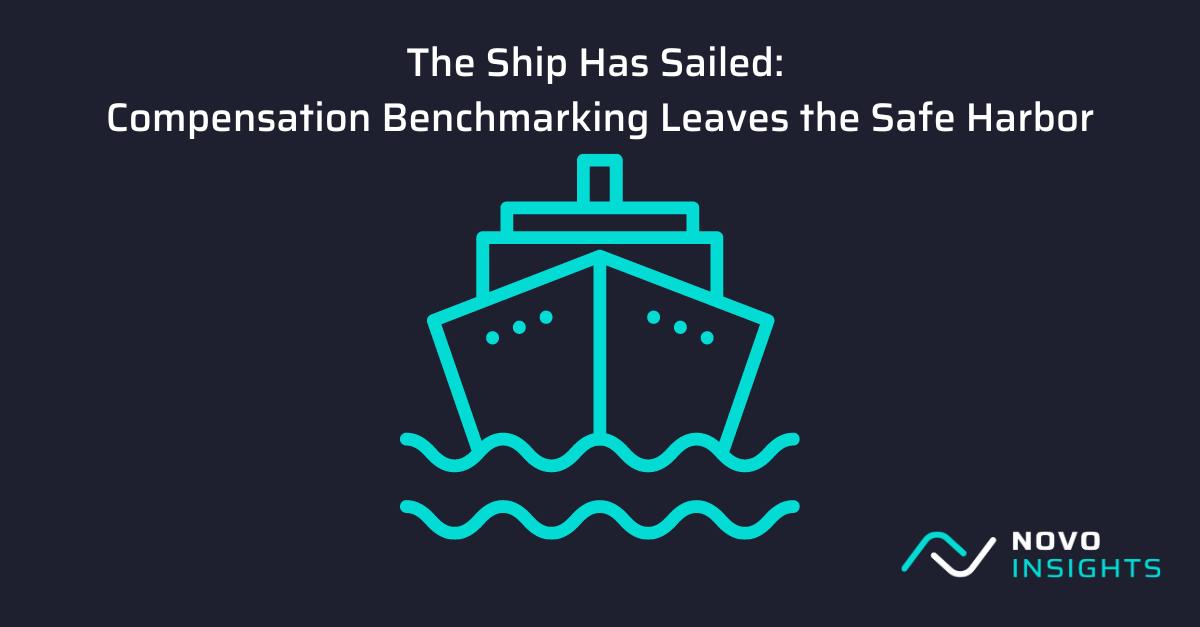We’ve predicted that the cycle management space would consolidate rapidly. Today’s announcement that ADP has acquired Pequity confirms that forecast. Beyond that, this deal informs an ongoing chapter in how the compensation technology ecosystem will evolve.
The Context: Cycle Management as the Heart of Compensation
Our recent CompTech Category Assessment: Cycle Management found that compensation planning systems have moved from “tools that move numbers” to “tools that enable decisions.” Cycle management is now the critical intersection of performance, budget, market, and fairness, which is a stress test of every company’s People strategy. The report highlighted that the best systems do more than route approvals; they guide managers to better pay decisions with contextual data, alerts, and dynamic validations.
There’s often a major fork in the road for organizations:
Do we use the system provided by our HRIS/HCM provider?
Or should we invest in a separate, built-for-purpose platform?
The major HCM players will look to close the gap by providing richer features to compete with third-party alternatives. ADP is faced with this challenge, and its path forward is to acquire Pequity.
ADP’s Strategy: Déjà Vu All Over Again?
For ADP, this acquisition is part of a broader pattern: strengthening its position as the payroll backbone of global employers and the intelligence layer for pay. The company’s scale and data footprint are unmatched, yet its compensation tools have historically been more administrative than strategic.
ADP HCM customers commonly cited that ADP-provided tools were limited, with difficulties configuring useful tools, extraordinarily limited manager guidance, and nonexistent analytics. Many resort to using Excel rather than fashioning the in-platform solutions into something usable.
This isn’t ADP’s first move in this direction. Those of us who have been around long enough remember ADP’s acquisition of Workscape, another compensation planning leader of its time. That deal offered similar promise, but over the years, Workscape’s innovation slowed under the weight of enterprise integration and commercialization demands, and it became embedded within the ADP offering. It lost its edge as the market evolved and new entrants drove innovation.
Why Pequity Made Sense for ADP
In our assessment, Pequity earned recognition for bringing real-time responsiveness, a formula-based administrative engine, and intuitive planner usability that reduced friction without sacrificing flexibility. Its spreadsheet-like logic appealed to compensation teams who wanted sophistication without losing control. And its ability to handle mid-cycle organizational changes and budget recalculations in real time was among the most advanced in its category.
Pequity is built for compensation professionals who care deeply about the details, the ones who still check their formulas twice before sending anything to Finance. It’s no wonder ADP saw value in that DNA.
Why ADP Likely Makes Sense for Pequity
Kaitlyn Knopp, Pequity’s CEO, noted in her blog that ADP creates an opportunity to scale its vision and focus on innovation. Kaitlyn’s background is compensation: neither she nor co-founder Warren Lebovics is a serial tech founder or entrepreneur. As such, we also read a bit of relief in her blog about the operational complexities of what they accomplished at Pequity and how being a part of the ADP machine can bring more focus to their work.
ADP’s history, however, raises the obvious question. Will Pequity’s innovation accelerate within ADP, or will the gravitational pull of integration dilute its focus? The answer will determine whether this deal becomes a leap forward for compensation technology or a replay of a familiar story.
Our Take: Proof (with a pinch of caution)
ADP’s acquisition of Pequity is proof of the pattern we outlined earlier this year. The consolidation wave in CompTech isn’t hypothetical. It’s here. The logic is sound: compensation cycle management is too critical to stay fragmented.
But the caution is equally clear: the market doesn’t need another Workscape story. It needs the next generation of compensation technology to stay agile, intelligent, and human-centered.



